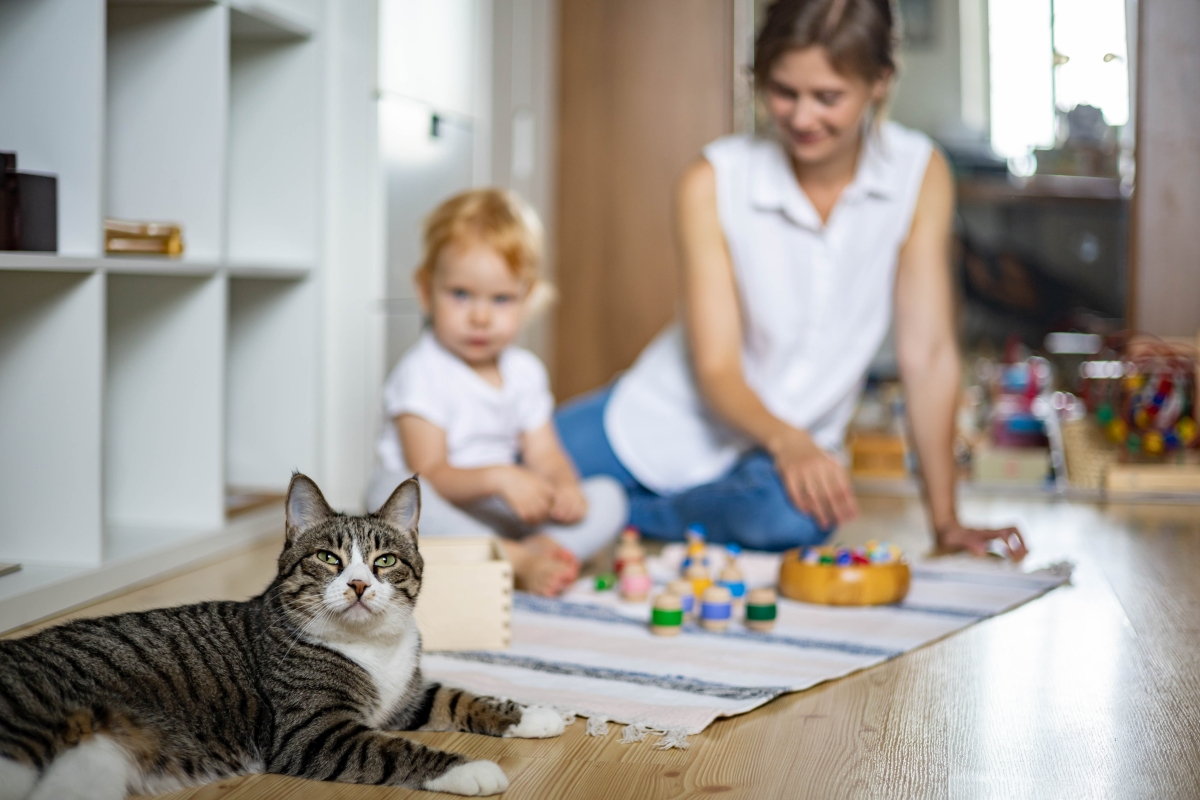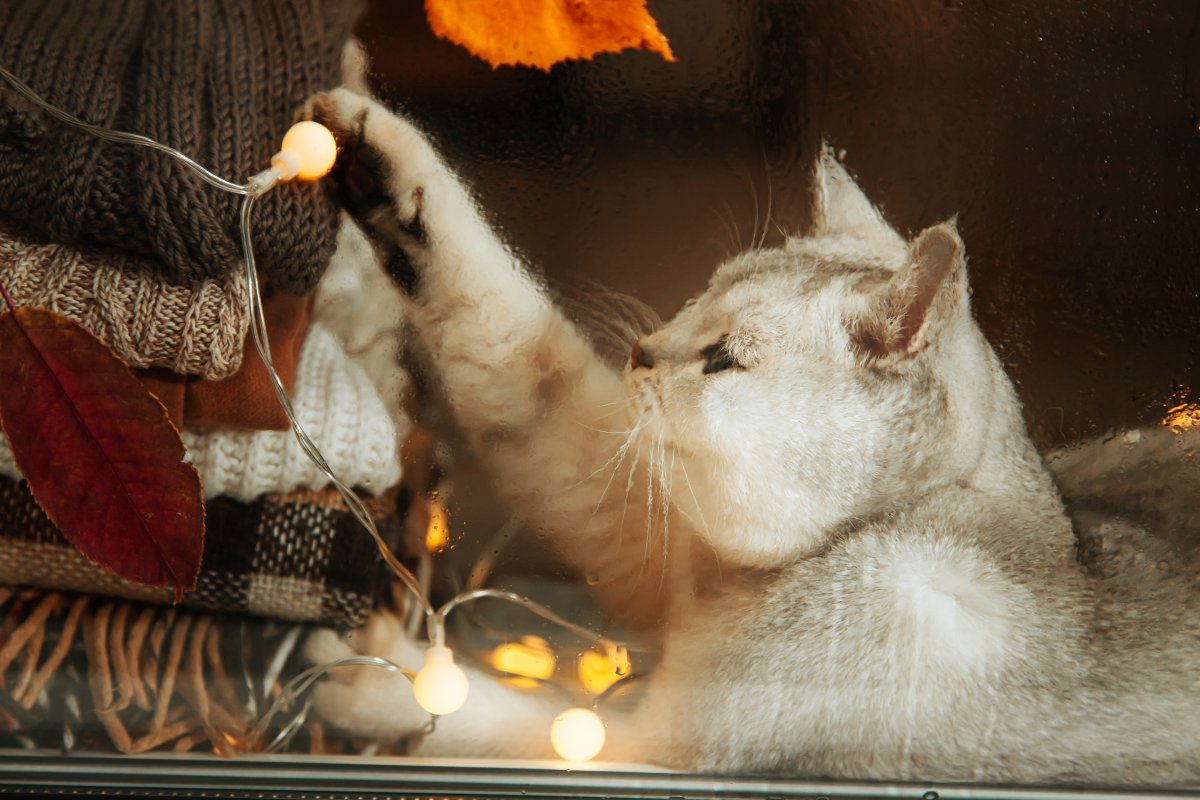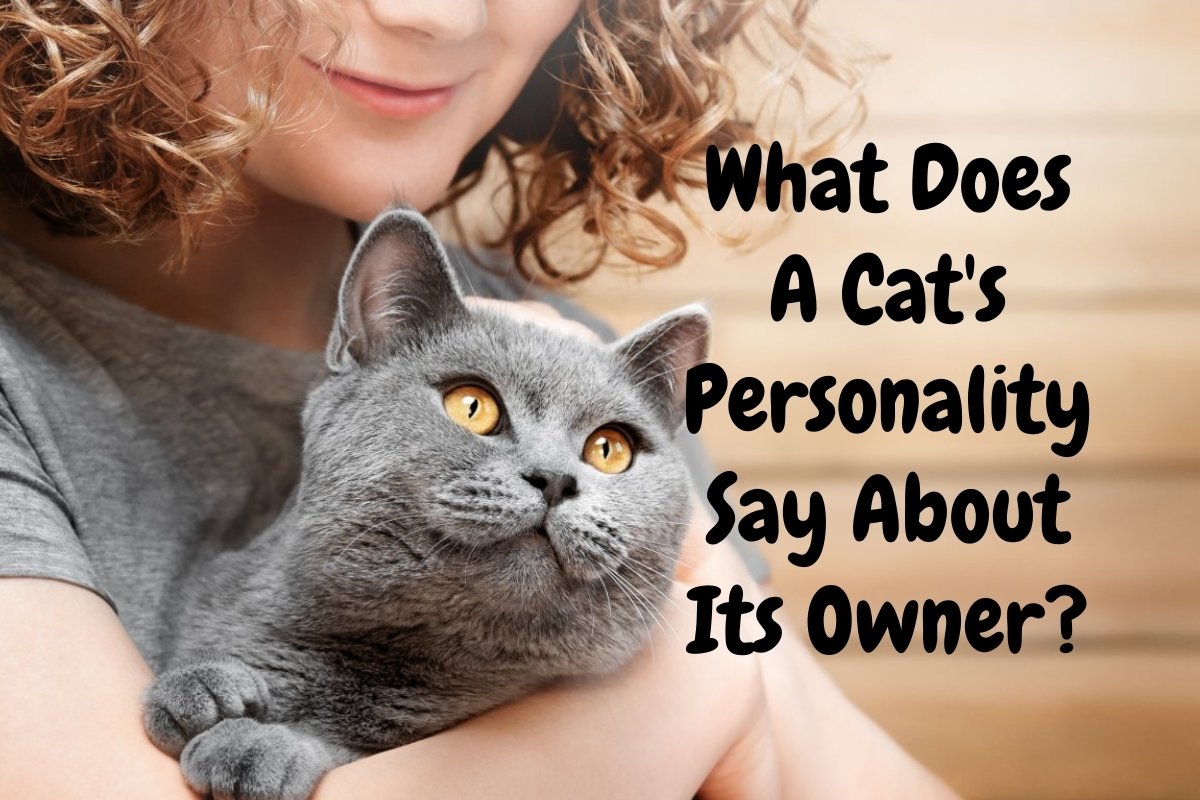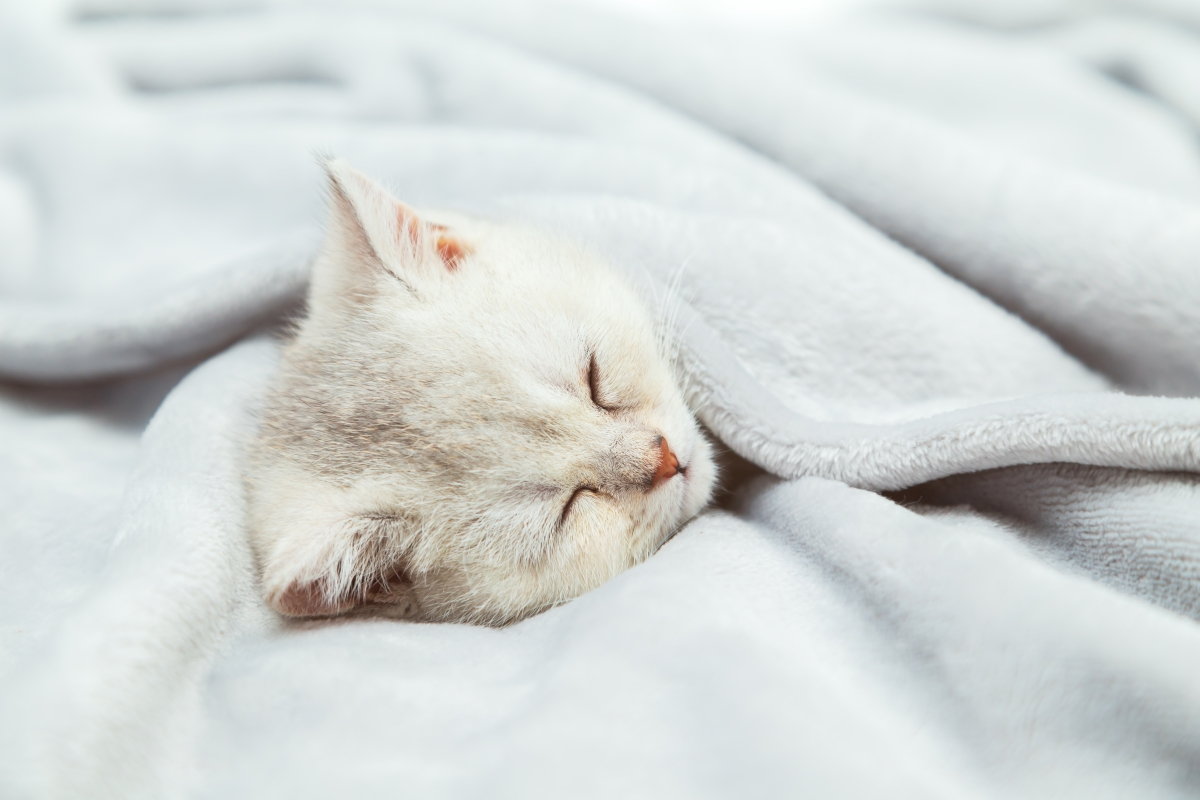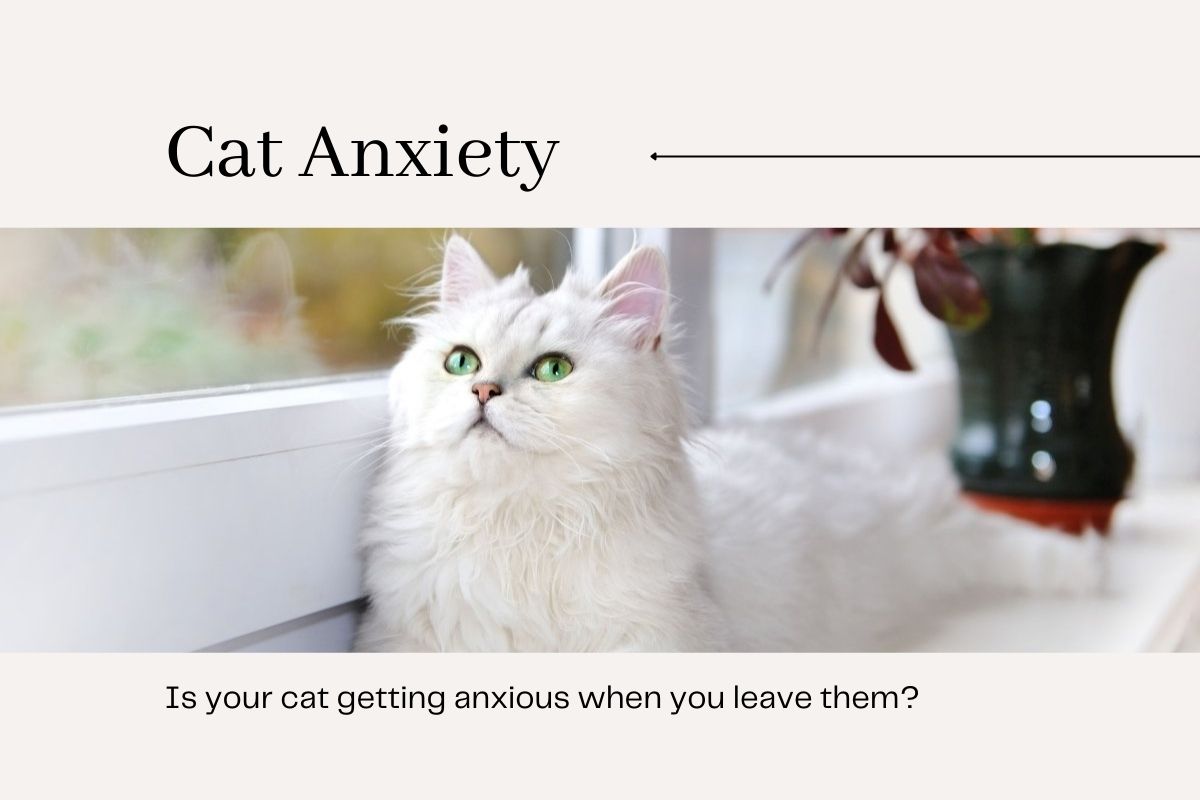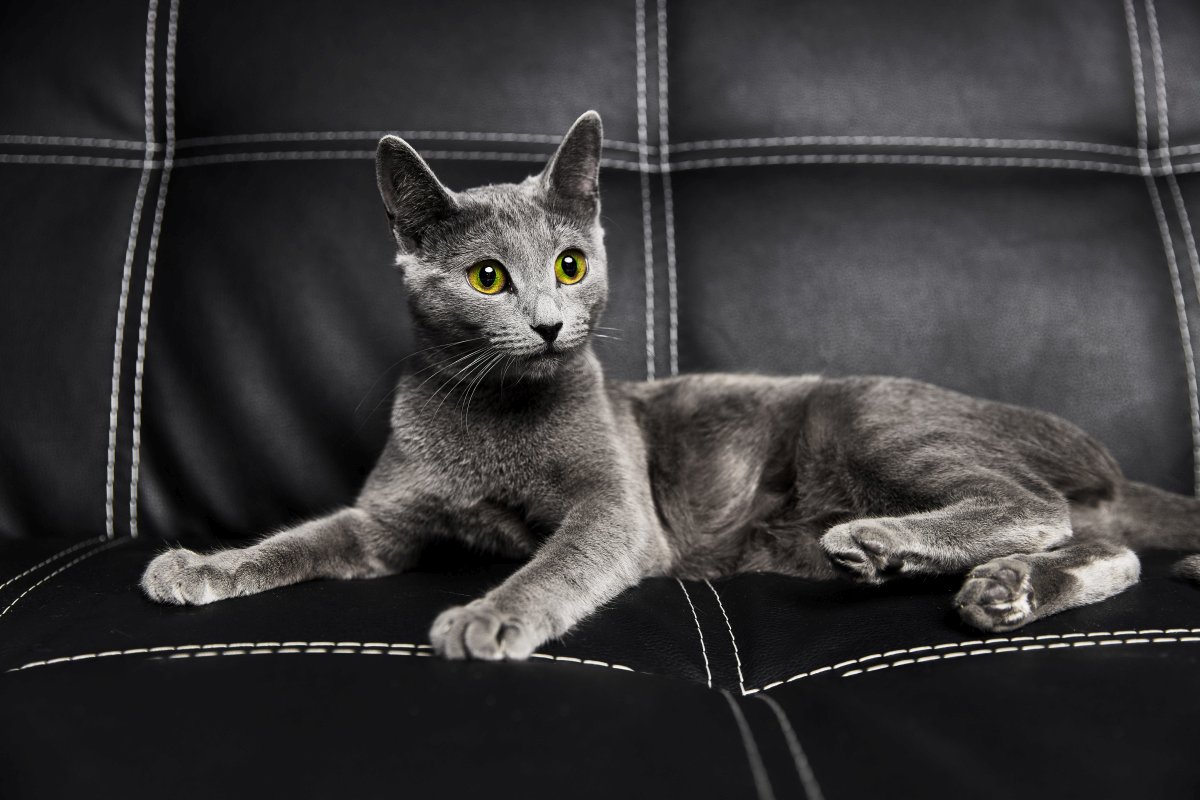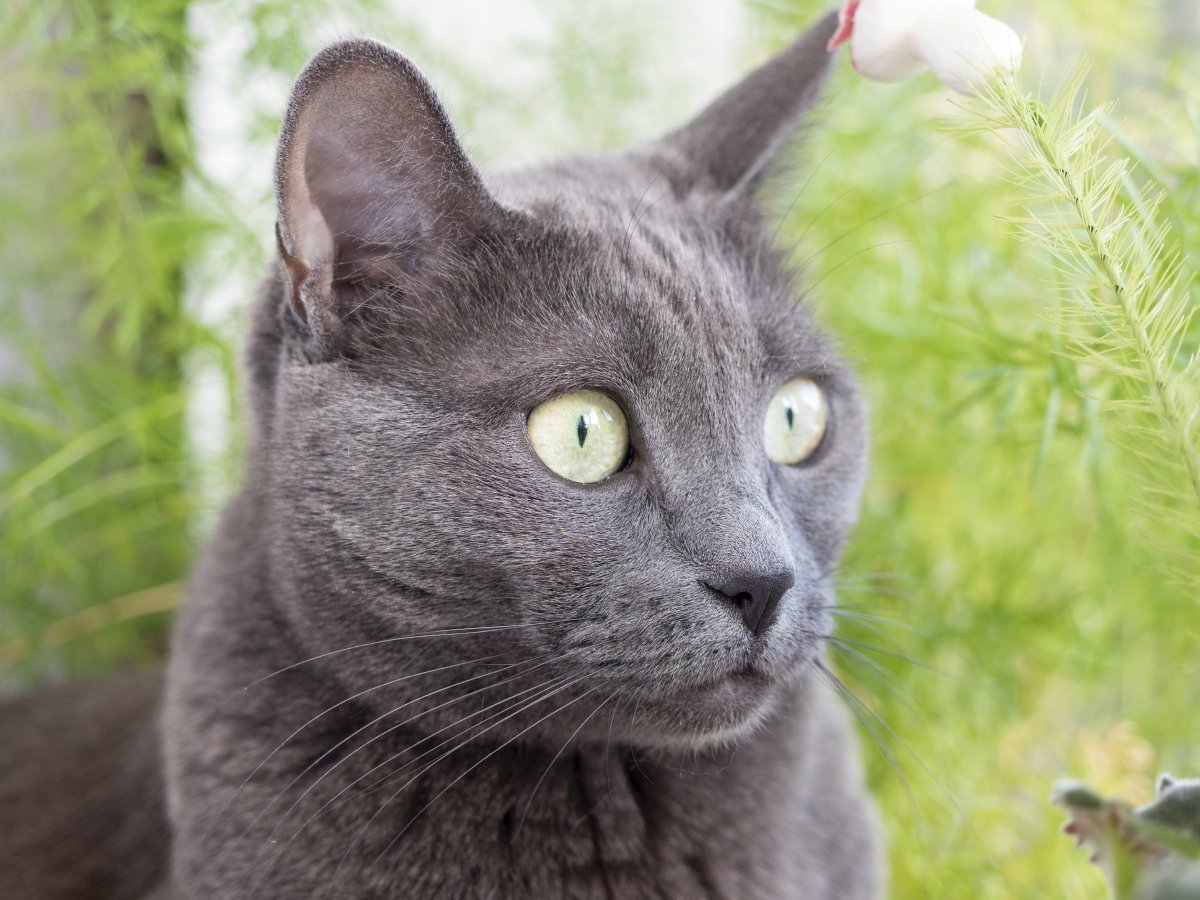Cat owners often say that their cat behaviors mimic their behavior or personality traits and learn to adapt to their schedule. Cats are also quick to pick on the mannerisms and habits of their humans. For instance, if their humans are nocturnal, they quickly switch to being nocturnal as well. It is also said that much of cat behaviors, gestures, and temperament depends on the personality trait of their owners.
For instance, if the cat owner is short-tempered, likely, the cat will also be grumpy and angry all the time. Cats owned by introverted individuals will have a greater chance of being antisocial and less friendly compared to the cats owned by extroverted individuals.
How cats take effect of their owner’s behavior and mannerism is quite interesting. Cats are known to be very observant animals, and even when you think they are not watching, they are taking note of every little detail. Let’s see how their behavior reflects the personality of their human.
Cat behaviors are reflective of their inner state and emotional intelligence.
The way cats behave, engage with other animals, and go about their daily routine says a lot about their internal mood and state of mind. A playful kitten or adult cat displays signs of joy and happiness.
A cat who sleeps around all day and is low on energy might be lazy and even be depressed. A lot of their internal mood depends on the vibe around the house and the environment they are kept in.
Cats are great at mimicking
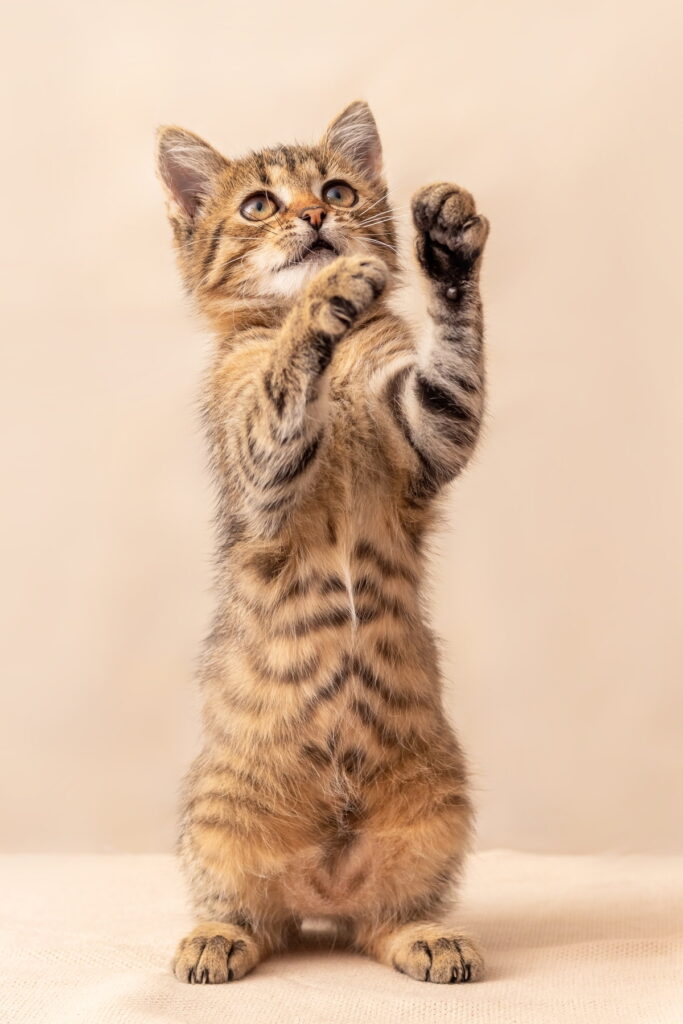
Studies have shown that cats mimic the character traits of their humans and often develop a personality mirroring that of their owners. Cats spend years observing their owner’s behavior and, on some level, start behaving similarly.
This is especially true for cats adopted at a very young age and spent early years of development and training with the same humans. In contrast, when an adult cat is adopted, it is less likely to change its personality.
They are part of the family
Cats take full ownership of the house they are raised in. When they are adopted or taken in as young kittens and raised like children, they develop a parent-like love for their humans. Later, if their owner has their baby, they often consider them their sibling or younger one. They do their best to protect the new baby in the house and develop a very friendly relationship.
Yikes! Cats can pick up on your bad traits as well
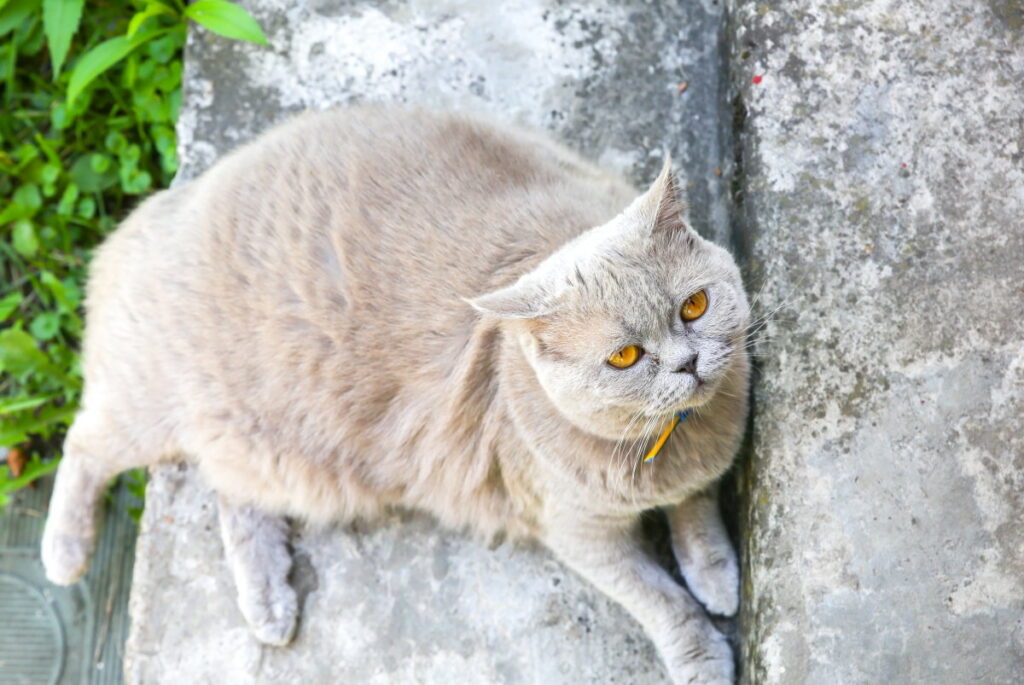
Neuroticism is a trait linked with emotional instability. Such people are not good at dealing with anxiety and highly stressful conditions, and they start demonstrating physical signs of disturbance such as anorexia, stress eating, insomnia, etc. Similarly, cats behavior of such individuals also shows traits of anxiety and poor coping mechanisms in response to adverse situations. They may be more aggressive, grumpy, and may develop bad eating habits. This can increase the risk of obesity and health-related problems in such cats.
Why do they get affected by their owner’s personality traits?
It all comes down to the way they are brought up and raised. People with neuroticism are more likely to keep their cats indoors due to difficulty dealing with the stress every time the cat leaves the house. In such circumstances, the cat becomes less friendly, less active, and has low energy levels. They might even spend the whole day on the couch, engaging minimally in any kind of play or other activities.
What does cat meowing mean?
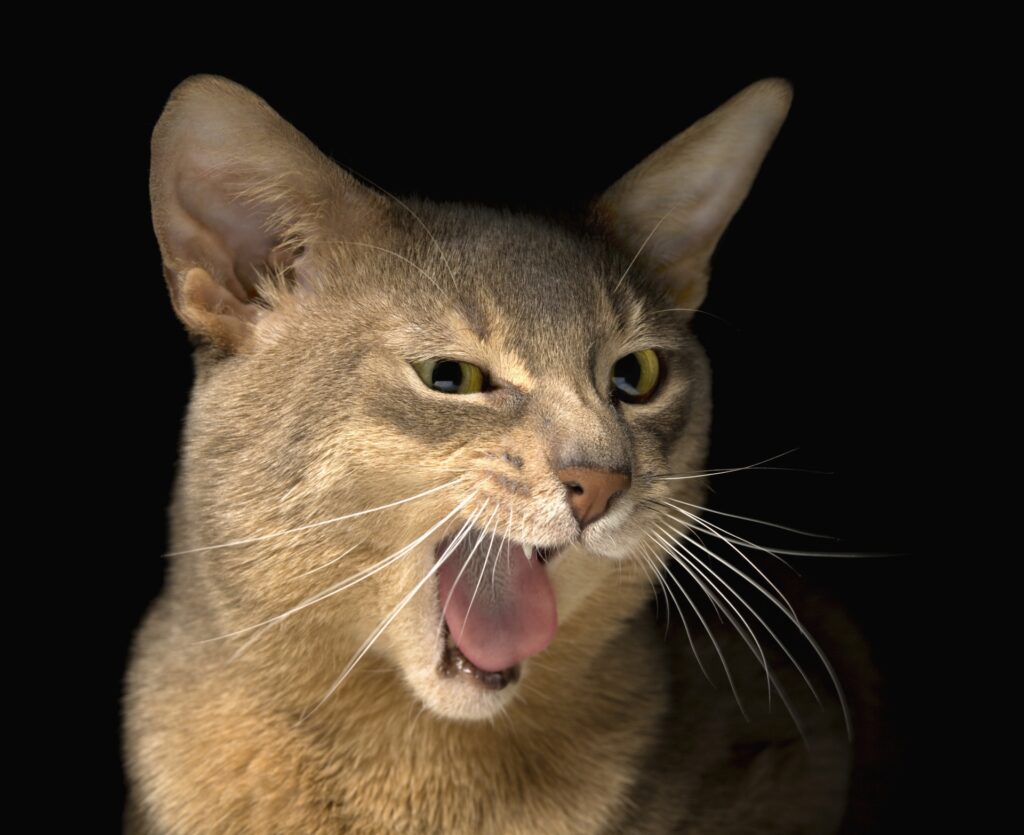
At times, a cat keeps meowing relentlessly. Whether or not it signifies an underlying problem varies. Meowing is a way of communicating with cats with their owners, and it can be their way of showing affection or trying to ask for something.
For example, if your cat is hungry, it may be meowing to remind you to feed it. They also meow when they want to go outdoors, and their exit is locked. Some cats are more expressive than others, and again this also depends on their relationship with their owners and the personality of their humans.
Understanding cat psychology
Similar to human psychology, cat psychology is not straightforward and can get quite complicated. They also have mood swings, anger management issues, and all sorts of personality variations. Every cat has unique psychology, and we will try to explain it using the nature and nurture theory.
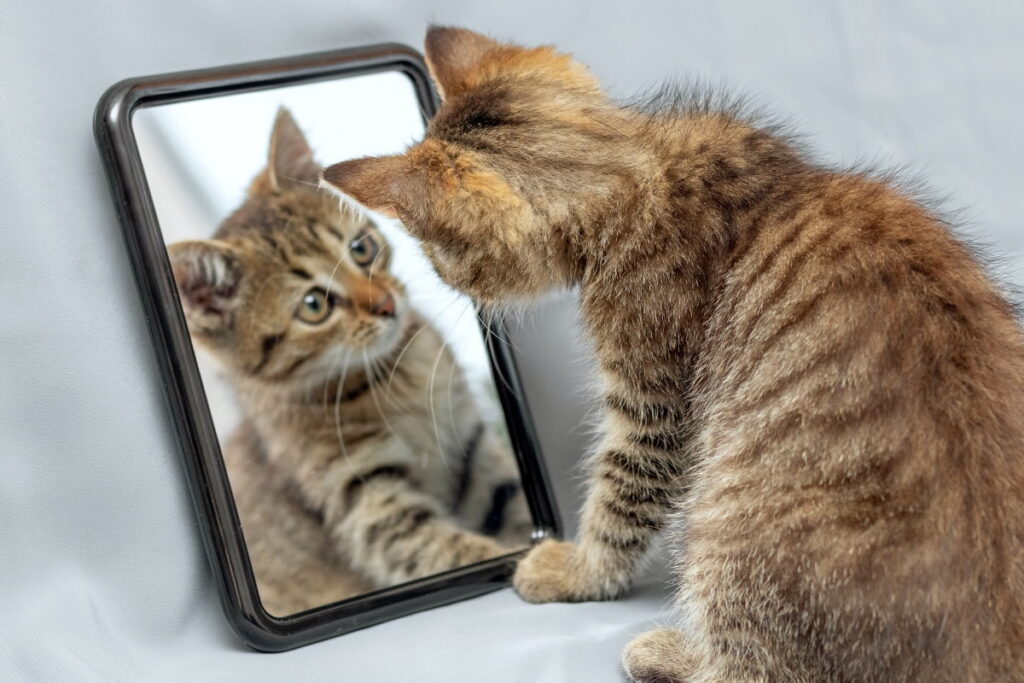
Nature is the genetic part, and a cat’s psychology and personality depend on its genetic makeup. This is why it is noticed that many cats behave similarly to their parents, even if they have been raised by different humans, in completely different environments. Nurture is the effect their environment and surrounding has on their personality. This is the component that is affected by their humans and is shaped by the personality traits of their owners.
How do you identify if your cat is timid?
Cats can be timid due to their genetic predisposition or pick up on their owner’s character trait. Regardless of their shyness, you need to recognize signs that indicate if they are disturbed by anything. For instance, if your cat is hiding under the bed all day, this might mean that it feels threatened.
This can be due to a variety of reasons. The list is not exhaustive but includes feeling scared by a new family member, having guests over in the house, having new furniture, or having a new pet. Cats are predatory, and according to their instinct, they prefer to go into hiding in a safe place when they feel insecure.
There have been numerous studies and surveys done concluding that cats’ behavior reflects their humans’ personality traits. However, we must remember that there is a genetic component to this as well. How much influence does nature have over nurture cannot be determined and may vary for each cat?

